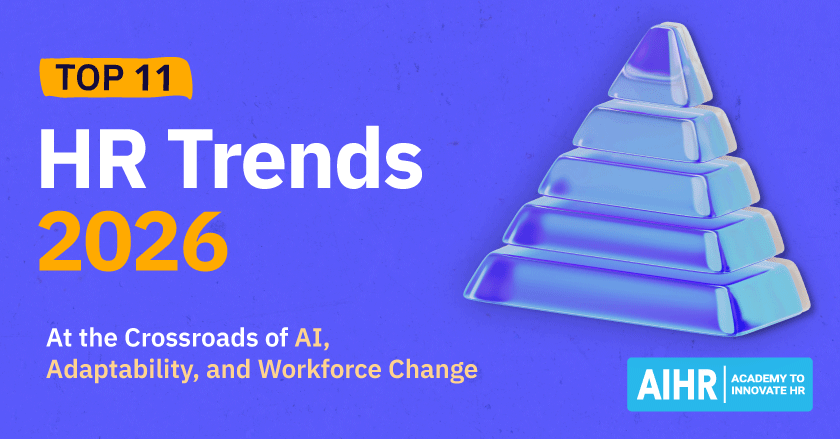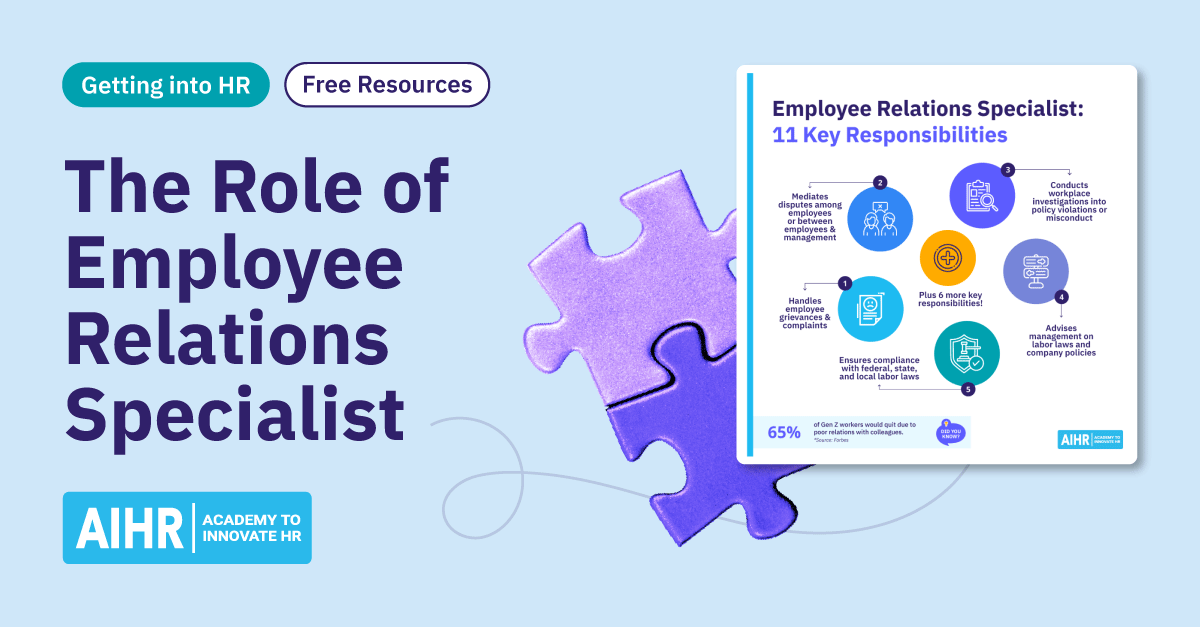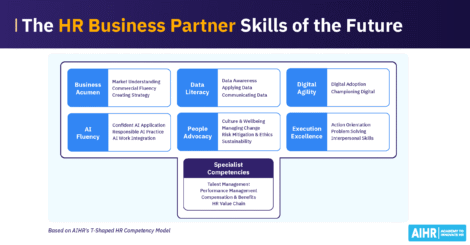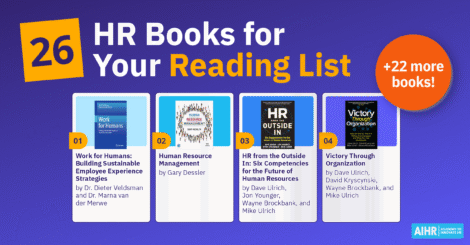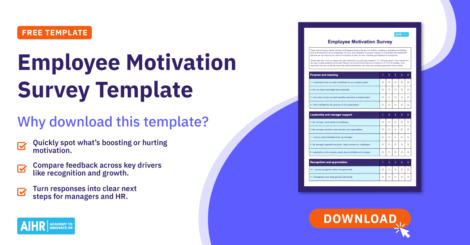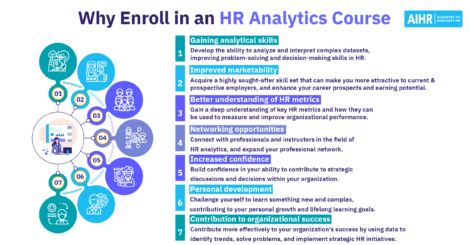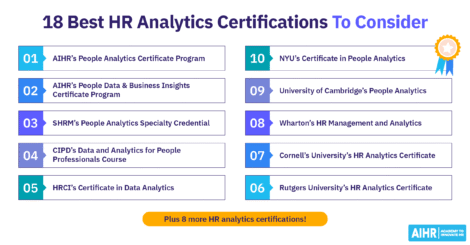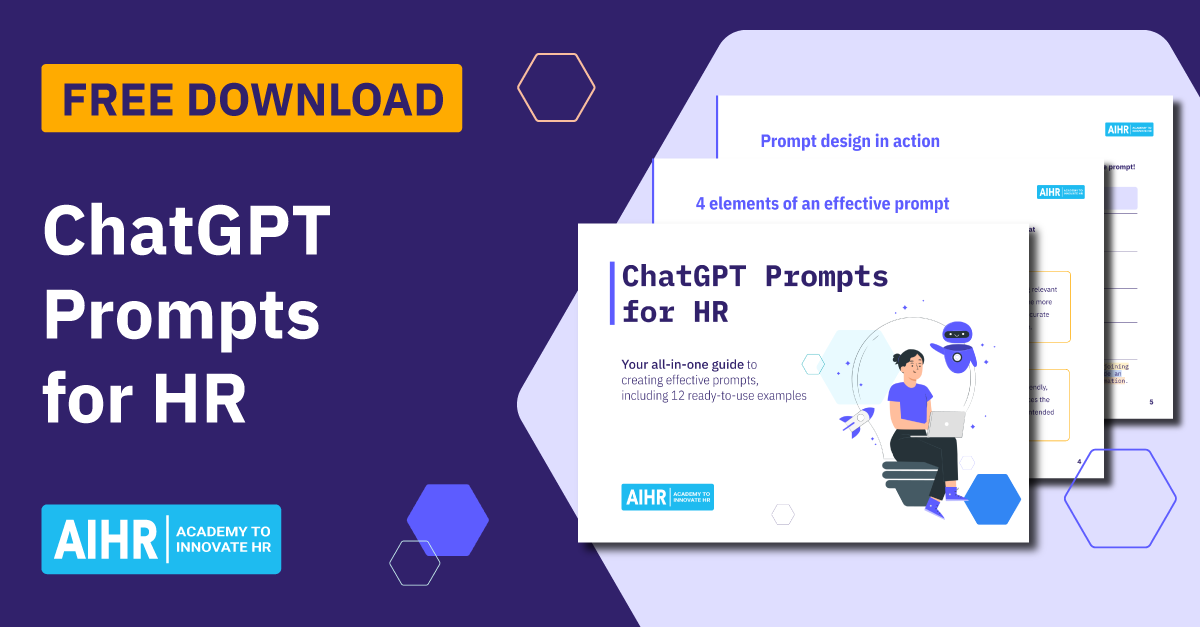85% of employees deal with conflict at some level, and 72% of Gen Z workers say good relationships with colleagues are more important than salary. An effective employee relations strategy, often managed by an Employee Relations Specialist, can help mitigate the negative consequences of workplace conflict by fostering a positive and supportive work environment.
This article discusses the role of an Employee Relations Specialist, possible career paths to this position, and what you need to know if you are considering a career in employee relations.
Contents
What is an Employee Relations Specialist?
Employee Relations Specialist career path
How much does an Employee Relations Specialist make?
Employee Relations Specialist job description: 11 key duties
How to pursue a career as an Employee Relations Specialist
5 steps to become an Employee Relations Specialist
What is an Employee Relations Specialist?
An Employee Relations Specialist (also called a Labor Relations Specialist) is an HR professional responsible for managing and maintaining positive and harmonious relationships throughout the organization. These include relationships among employees or between employees and management.
The role typically sits at an HR middle management level, reporting directly to the HR manager or HR director. They also work closely with other HR team members, such as Recruiters, Compensation Specialists, and Benefits Administrators.
They mediate between management and employees to promote an amiable work environment. In doing so, they must constructively address conflicts related to performance, interpersonal relationships, and policy violations. Additionally, they help promote employee engagement through feedback systems and a strong employee relations strategy.
Employee Relations Specialist career path
Entry-level positions to becoming an Employee Relations Specialist
Being in certain entry-level HR positions may help you move more easily into the role of Employee Relations Specialist. These positions include:
- HR Assistant: Responsible for administrative tasks related to employee records, recruitment, and general HR functions.
- Recruiting Coordinator: Assisting in the hiring process gives you insight into employee needs and expectations, laying the groundwork for managing employee relations.
- HR Specialist: Oversees multiple aspects of HR, such as recruitment, training, compensation and benefits, and employee relations.
- HR Helpdesk Representative: Addresses employee inquiries and provides support on policies and procedures. This role helps you develop and understanding of employee concerns and needs.
Growth opportunities within the Employee Relations Specialist role
Junior Employee Relations Specialist
Growth within the Employee Relations Specialist role will enable you to develop your expertise and expand your influence. Starting as a Junior Employee Relations Specialist, you’ll focus on handling employee grievances and conflicts, ensuring policy compliance, and supporting broader HR initiatives.
Mid-level Employee Relations Specialist
With experience, you can probably move into a mid-level role where you’ll take on more complex cases, lead employee engagement programs, and begin to craft and refine company policies. You might also start advising on organizational changes and helping to design training programs.
Senior Employee Relations Specialist
At the senior level, you’re seen as a strategic partner. You’re involved in shaping the company’s culture, leading large-scale employee relations initiatives, and possibly mentoring new specialists. You would also be involved in organizational development and play a critical role in high-stakes situations, like major restructures or labor negotiations.
HR tip
Check out AIHR’s Career Map as a guide for planning your career progression, complete with projected timelines for your professional development. Using this map will also allow you to access overviews of different HR roles, including their job descriptions and salaries.
Career progression beyond the Employee Relations Specialist role
The Employee Relations Specialist role also opens up various other career progression opportunities. Some of these include:
- Employee Relations Manager: Oversees employee relations, employment policies, conflict resolution, compensation and benefits policies, work safety, and labor relations communication and negotiation.
- HR Manager: Responsible for leading the organization’s entire HR team to enable them to perform well in their respective functions.
- HR Business Partner (HRBP): Works closely with different departments to support talent management, employee relations and sometimes, onboarding for those departments.
- HR Director: In charge of the HR function for a large organization or division, manages its overall HR team and develops HR strategies.
- Chief Human Resources Officer (CHRO): Considered the most senior HR executive, a CHRO develops and implements HR strategies to support the company’s business goals.
How much does an Employee Relations Specialist make?
Pay for an Employee Relations Specialist depends on their level of experience, education, and qualifications, as well as the industry they’re applying in. ZipRecruiter estimates that the average Employee Relations Specialist salary in the U.S. is around $78,650 annually, while on Glassdoor, this figure is about $74,200 across all industries.
The average pay for Employee Relations Specialist jobs also varies by city and state. According to Glassdoor, the average annual salary for an Employee Relations specialist in Chicago is just around $81,300; in New York, it’s approximately $86,660.
Additionally, Zippia states that the highest-paying industries for Employee Relations Specialists are finance, manufacturing, healthcare, transportation, and retail.
Develop the skills to effectively manage employee relations
Whether you’re an HR professional who wants to become an Employee Relations Specialist, or a fresh grad looking to begin an HR career, you’ll need to learn the HR basics first
In AIHR’s HR Generalist Certificate Program, you will learn to engage with people across the seven stages of the employee lifecycle, from attracting talent and onboarding to training and offboarding.
This online, self-paced Certificate Program will also teach you to implement an effective HR policy framework to help you manage risks and engage employees.
Employee relations specialist job description: 11 key duties
What does an Employee Relations Specialist do? Below is a list of their typical day-to-day duties and responsibilities:
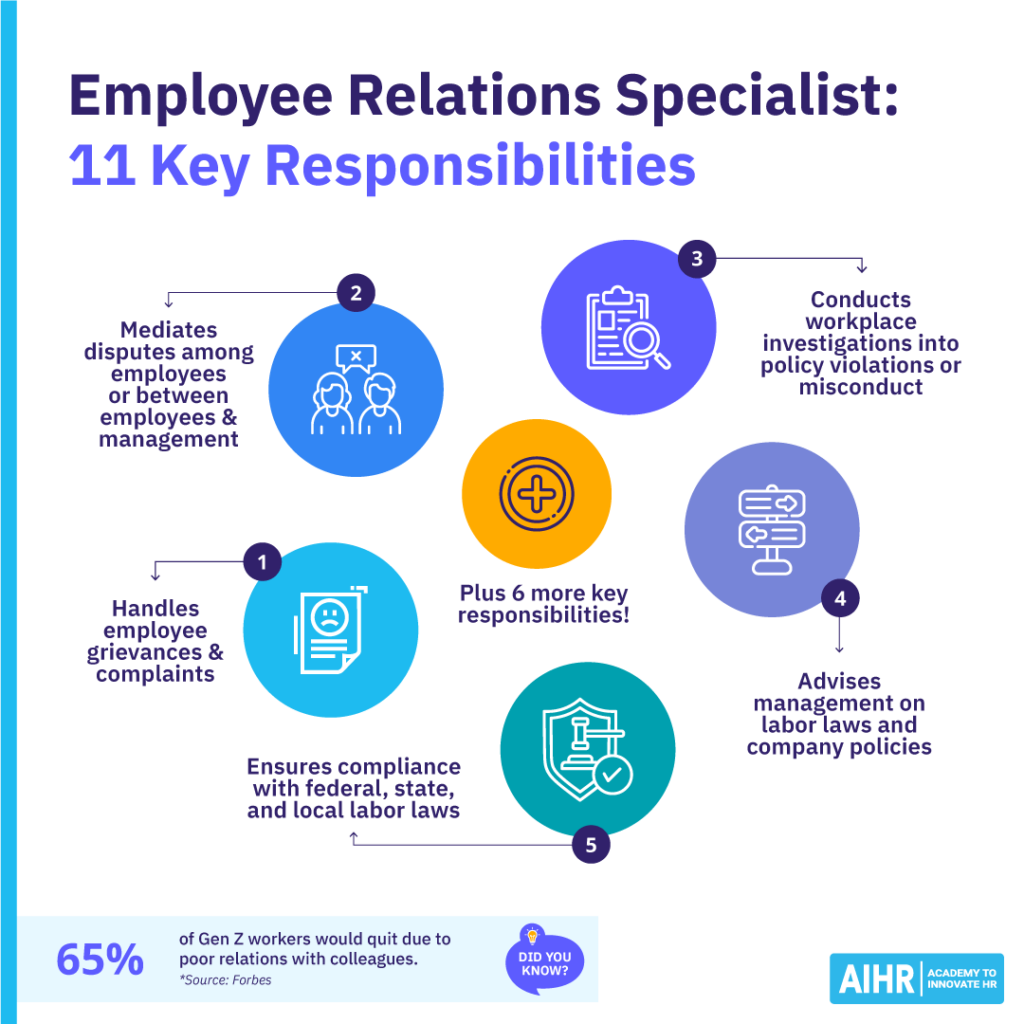
- Handle employee grievances and complaints: Listen to employees’ concerns and complaints, and gather evidence to determine their validity.
- Mediate disputes: Arrange meetings among involved parties to identify causes of conflicts and resolve them via a fair mediation process.
- Conduct workplace investigations: Investigate misconduct, policy violations, or harassment incidents, interview witnesses to gather evidence, report findings, and recommend appropriate disciplinary actions or corrective measures.
- Advise management on labor laws and company policies: Stay updated on changes in labor legislation and feedback on company policies, then communicate this information to management.
- Ensure compliance with federal, state, and local labor laws: Audit and review grievance procedures and employee relations strategy to ensure adherence to relevant labor laws.
- Develop and implement employee relations programs: Create programs to engage employees, improve morale, and enhance workplace culture.
- Advise on disciplinary action: Help managers decide on appropriate disciplinary actions for employee misconduct or performance issues and document the process.
- Maintain records of employee relations cases: Keep records of employee relations cases (along with their investigations and disciplinary actions) and ensure employee confidentiality.
- Align with broader HR strategies: Align employee relations processes with company policies to avoid confusion and ensure employees are treated fairly across the organization.
- Promote employee engagement and retention: Engage in open, proactive communication and support, encourage honest feedback from staff, address their concerns promptly, and reward top performers.
- Facilitate training on conflict resolution and labor laws: Coordinate with the Learning and Development team to conduct training for both employees and managers, ensuring they have the resources to drive positive employee relations.
How to pursue a career as an Employee Relations Specialist
An Employee Relations Specialist plays a critical role in maintaining a positive, productive work environment. By addressing employee concerns, managing conflict resolution, and ensuring fair treatment, they can help healthier relationships among staff and between staff and management.
Becoming an Employee Relations Specialist requires strong communication and interpersonal skills, and extensive knowledge of labor laws, company policies, and HR best practices. With the right approach, they can successfully foster trust, enhance morale, and ultimately contribute to a more stable and motivated workforce.
“Start by getting involved in lower-stakes employee relations cases to build confidence. Ask your manager if you can assist. Over time, you’ll develop the skills needed to navigate complex situations and contribute to a fair and supportive work environment.”

Skills Employee Relations Specialists need
An Employee Relations Specialist must master certain skills in order to improve and maintain positive employee relations across the entire organization. These include:
- Conflict resolution: Conflict resolution skills are essential for effectively addressing disputes and fairly resolving tensions without disrupting productivity.
- Negotiation: Skilled negotiation allows you to mediate among involved parties to find mutually beneficial solutions.
- Knowledge of labor laws: A solid understanding of labor laws ensures regulatory compliance, protecting both the company and employees from legal risks.
- Problem-solving: Strong problem-solving abilities can help you quickly address employee concerns and operational challenges, maintaining a harmonious and efficient work environment.
- Empathy: Empathy allows you to understand employees’ perspectives and concerns, building trust and promoting a supportive, inclusive workplace.
- Active listening: Active listening ensures employees feel heard and understood, which helps uncover underlying issues and facilitates more effective conflict resolution.
- Communication: Clear, effective communication is vital for relaying company policies, mediating disputes, and providing transparent feedback.
- Organizational abilities: You need strong organizational skills to manage multiple cases, track employee issues, ensure timely and accurate resolutions, and maintain detailed records.
9 common Employee Relations Specialist job interview questions
To increase your chances of getting selected for an Employee Relations Specialist position, research typical interview questions and prepare responses for each one:
- Describe your experience in handling employee relations issues.
- Can you provide an example of when you successfully mediated a workplace dispute?
- What approach would you take if an employee filed a grievance complaint against your organization?
- How would you conduct an internal investigation?
- How would you ensure fair and consistent application of disciplinary actions?
- How do you document employee relations cases to ensure you handle them consistently?
- What is your experience in developing and implementing employee relations policies?
- How do you stay updated on changes to labor laws and ensure your company remains compliant?
- How would you promote employee engagement and satisfaction?
5 steps to becoming an Employee Relations Specialist
Here are five steps you can take to become an employee relations specialist:
Step 1: Obtain a suitable degree
Although not necessarily a job requirement, a degree in Human Resources Management could help you become an Employee Relations Specialist. This degree program provides a solid foundation for HR core competencies like employee relations, labor law, compensation and benefits, and recruitment. Degrees in Psychology or Business Administration are also relevant.
A master’s degree in HR can further strengthen your knowledge and skills in Employee Relations. In pursuing this degree, you will gain more specialized knowledge in HR areas like labor relations, organizational development, and HR analytics.
Step 2: Gain valuable HR experience
To become an Employee Relations Specialist, you need HR experience in the following areas:
- Employee relations: Handling employee grievances and complaints hones your ability to respond to employee concerns. Experience in conducting investigations and advising on disciplinary actions also demonstrates your ability to reach desirable solutions.
- HR policy and development: Creating and enforcing comprehensive company policies equips you with the critical skills you need to manage cases of policy violations or misconduct.
- Unionized environments: Understanding collective bargaining gives you valuable insights into employee rights and labor negotiations. Additionally, knowledge of labor relations laws familiarizes you with the legal implications of employee-employer relationships.
- Employee engagement: Developing and implementing employee engagement programs improves your ability to handle employee relations in general, as you’d know what it takes to keep employees happy and motivated.
Step 3: Obtain relevant certifications
Earning certifications can help develop new skills, make you more credible and help improve your career prospects. Here are some recommended certifications:
- Certified Employee Relations Professional (CERP): Covers conflict resolution, investigations, and labor relations topics to help you become an employee relations expert.
- HR Generalist Certificate Program (AIHR): Teaches you to engage with people across the entire employee lifecycle, from attracting talent and onboarding to training and offboarding.
- Certified Professional in Human Resources (CPHR): Covers employee relations, recruitment, compensation, and benefits, providing a strong foundation in HR principles.
- Senior Professional in Human Resources (SPHR): Focuses on organizational development, strategic HR planning, and leadership for more advanced HR knowledge and skills.
Step 4: Specialize in employee relations
Employee Relations Specialists may begin their careers with internships or entry-level HR positions. Doing so will expose you to employee relations issues and provide hands-on skills in areas like onboarding, performance management, and dispute resolution.
It’s also important to gain expertise in anti-discrimination laws, the Fair Labor Standards Act (FLSA), and Occupational Safety and Health Administration (OSHA). This will help you ensure regulatory compliance, and prepare you to handle labor disputes, investigate violations.
Additionally, you can take on projects related to employee engagement, workplace investigations, or policy development. Networking with other HR professionals and joining professional organizations like SHRM can also provide insights and resources to help you further specialize in this area.
Step 5: Apply for relevant jobs
Once you’ve gained enough HR experience and knowledge, you can look for employee relations roles that align with your career goals. Relevant job titles might include:
- Employee Relations Manager
- Employee Relations Coordinator
- Human Resources Specialist (with a focus on employee relations)
To sum up
If you have strong interpersonal skills and enjoy working with people to find mutually beneficial solutions, becoming an Employee Relations Specialist could be the right career move for you. You don’t have to always stay in the same role, either — this position can set you up to take on other roles, like Employee Relations Manager, HRBP, and HR Manager.


